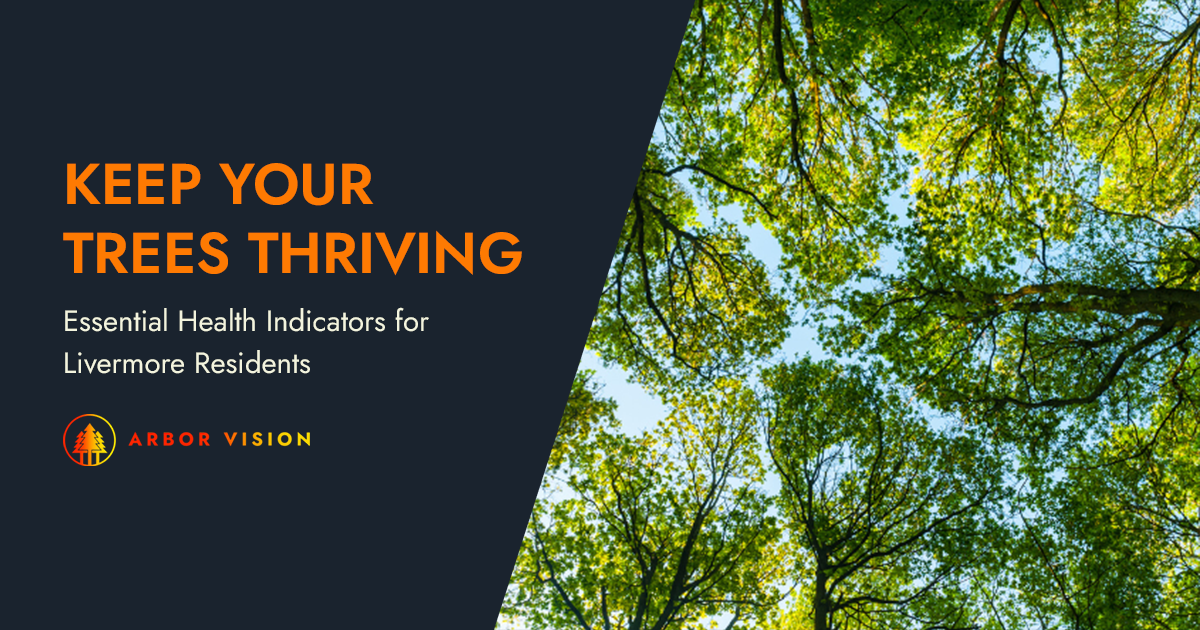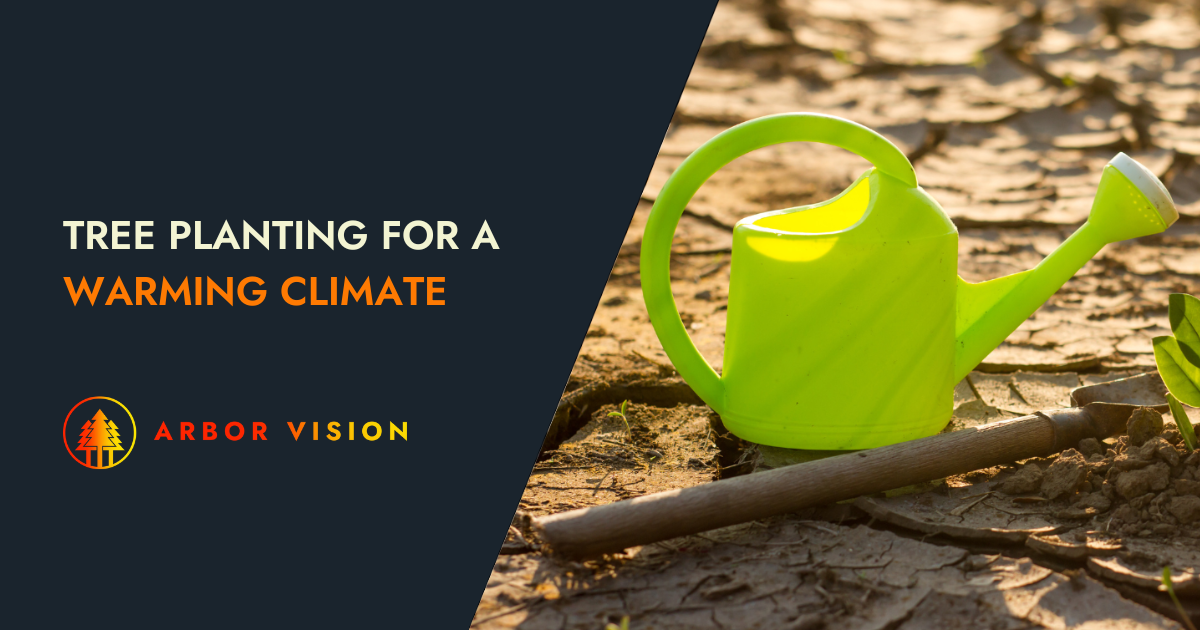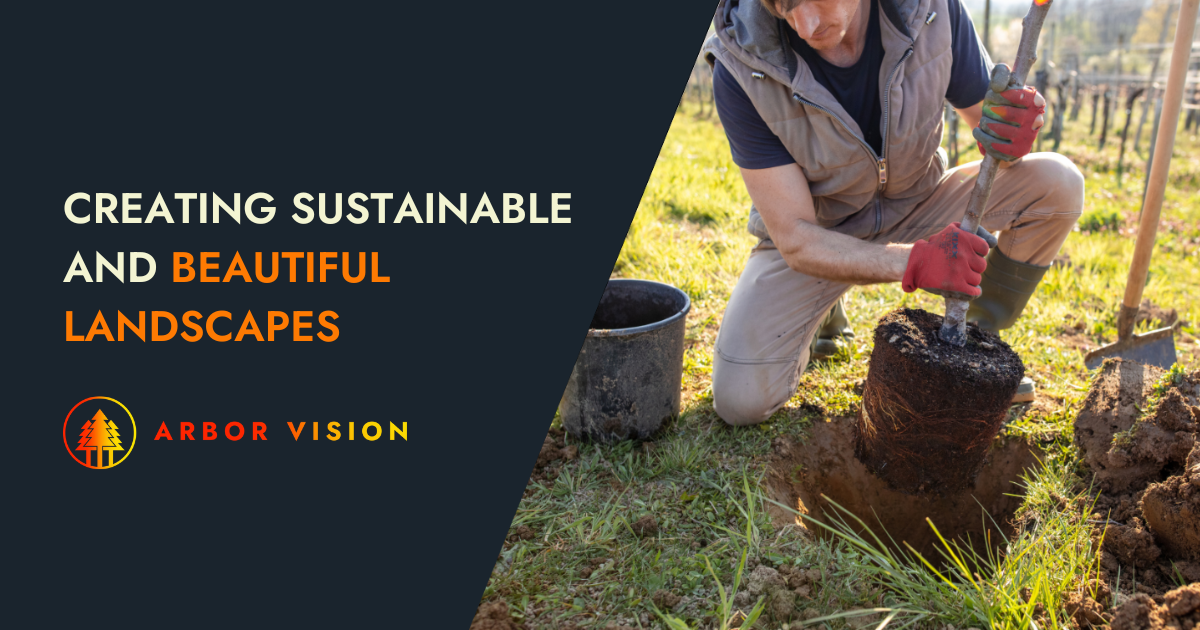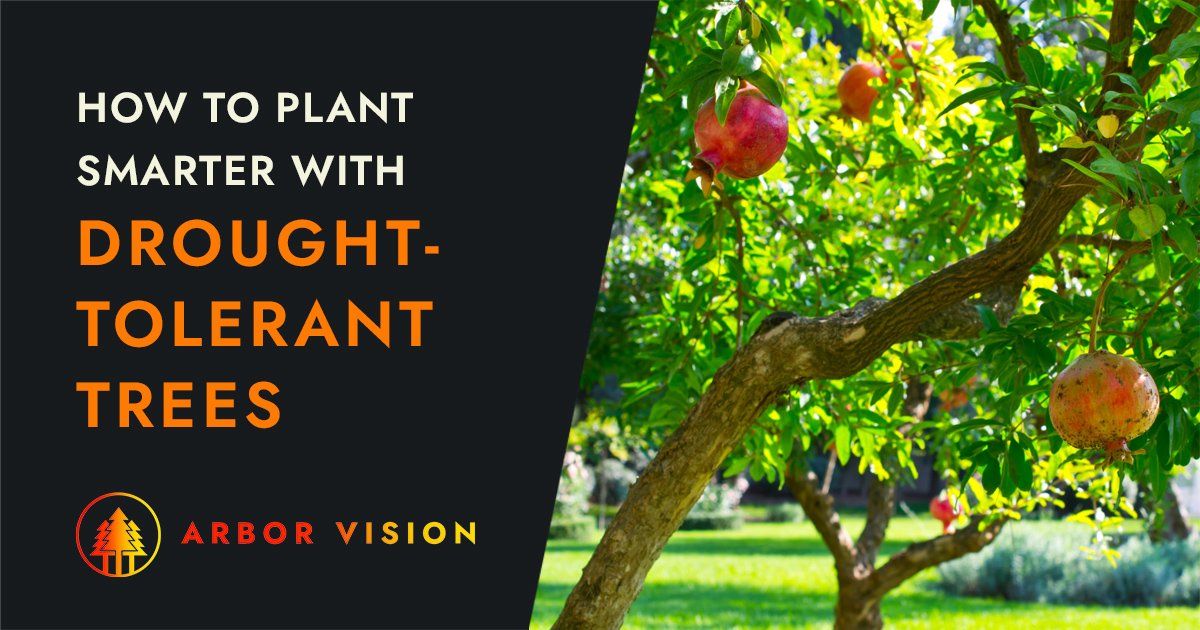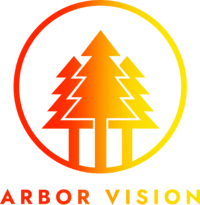The Role of Trees in Urban Cooling: Fremont's Guide to Sustainable Greenery
Share this page:
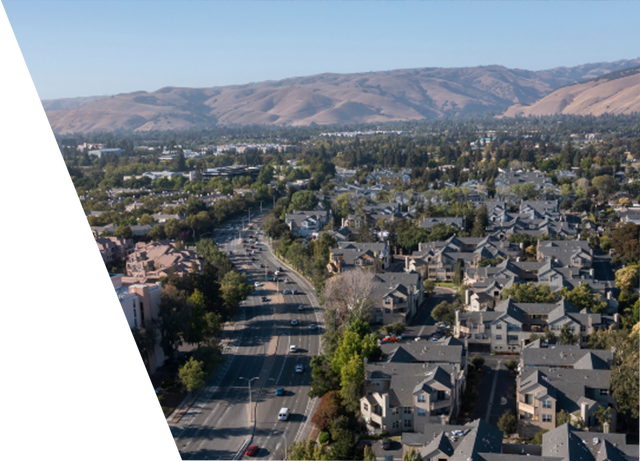
Understanding Urban Heat Islands and Cooling Strategies in Fremont
Even though Fremont is not as densely populated as larger metropolitan areas, urban heat islands (UHIs) still cause measurably warmer temperatures in Fremont than in surrounding rural areas. Urban heating is caused by heat-absorbing materials such as concrete and asphalt. When combined with the effects of less natural green space, drastic temperature changes can occur.
As a result, experts are seeking urban cooling methods that include increasing green space with more trees and vegetation, replacing heat-absorbing building envelope materials, and other strategies such as installing green roofs.
Guide Overview
Our guide to sustainable greenery in Fremont looks at trees' role in urban cooling, the types of street trees recommended for Fremont, and how Fremont arborists help protect and plant trees.
The Science Behind Urban Cooling
According to government-sponsored studies, trees, parks, forests, and green roofs create "green infrastructure" in urban areas that improve thermal comfort. Larger parks and urban forests can experience temperature differences as low as 0.94 °C during the day. Creating vast green spaces where tree shade is prominent is a vital strategy for urban cooling to help combat the effects of UHIs. Now referred to as the "Green Space Cool Island" (GCI), the cooling effect of green infrastructure is approximately 10.9%, impacting the temperatures in the parks and surrounding areas.
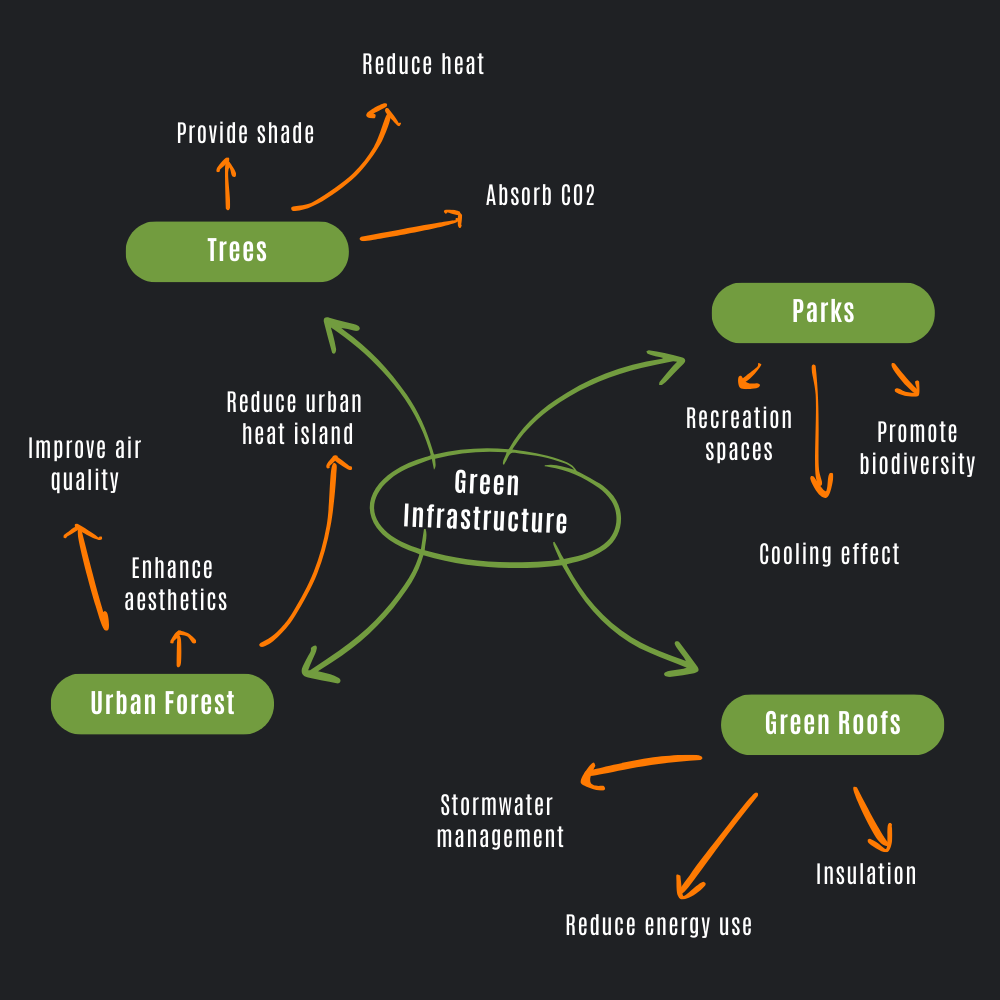
How Trees and Vegetation Contribute
Green infrastructure creates shade, reducing surface and air temperatures. A tree can block 90% of the sun's radiation, preventing paved areas from absorbing heat and creating UHIs. Adding to the powerful effect of green infrastructure, trees, and plants release water vapor during photosynthesis through "evapotranspiration." As the water vapor is released, it cools and absorbs hot air.
Additional Strategies
Other strategies include green roofs and building materials that reflect light instead of absorbing heat. Both help reduce the effects of urban heat islands and save energy.
Best Tree Species for Urban Cooling in Fremont
The city of Fremont has curated a list of trees suitable for planting in right-of-ways, considering the local climate and soil conditions. We reviewed these recommendations and added additional species to help you find the perfect tree for your property. Here are some of the recommended trees:
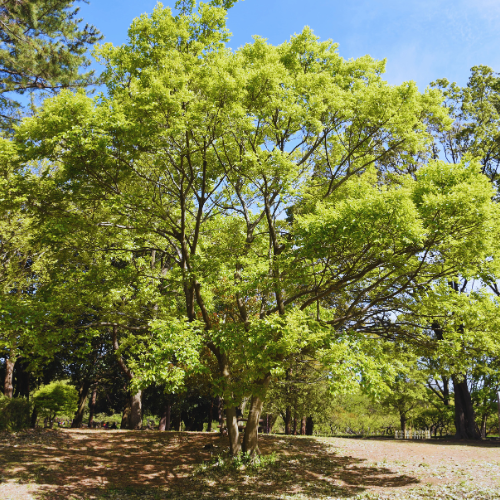
Chinese Hackberry
This fast-growing deciduous tree produces flowers and reaches 40 to 50 feet with a spreading crown ideal for shade. It is also very hardy, withstanding pollution, heat, inhospitable soil, and strong winds.
Chinese Pistache
A smaller tree in the cashew family, the Chinese Pistache provides shade and colorful autumn foliage.
Camphor
Camphor trees are known for their distinct smell, released from small white flowers in the spring. Their glossy leaves perfectly contrast the blooms, making them beautiful street trees that tolerate harsh urban conditions.
Ginkgo
Known for its distinct fan-shaped leaves and brilliant greenish-yellow color, this tree is highly adaptable and has thrived in varying conditions for almost 200 million years.
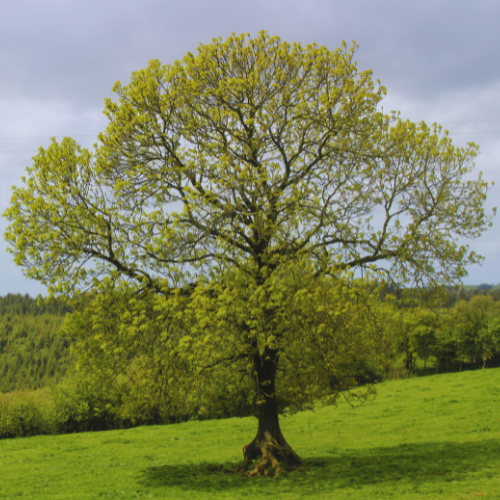
Ash species
Ash trees were once the most prominent street trees across America until the emerald ash borer devastated the species in 35 states. Today, several species do well in California, providing a lush canopy and shade.
Elm species
Another tree that once lined many American streets, Dutch Elm disease wreaked havoc on what was believed to be a hardy tree. Today, several elm species are disease-resistant, returning them to streets across the U.S.
Sweet Gum
Offering a lovely display of fall colors ranging from yellow to red and orange to purple, these trees are famous street trees despite the mess the fruit can cause.
Sour Gum
This deciduous tree produces bright red leaves in fall and provides pollen for bees and fruit for birds.
Oak species
Many oak trees make excellent street trees. They are attractive, tolerate pollution and drought, and grow well in different soil types.
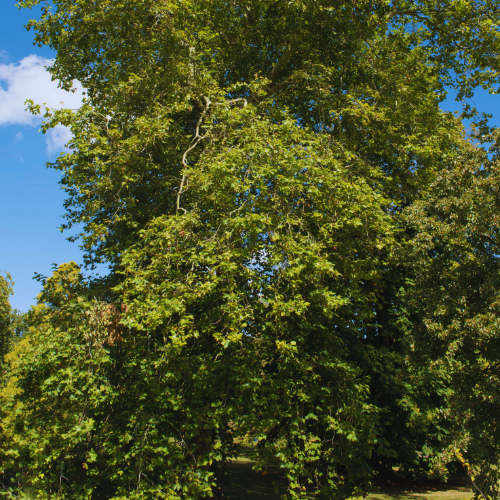
'Yarwood' aka 'Bloodgood' or London Plane
This tree is a popular street tree around the world and is an iconic sight on the streets of Paris and London. Its adaptability to urban conditions, including pollution, made it the perfect choice for North America.
Chinese Tallow Tree
The heart-shaped leaves of the tallow tree change to a showy red. Thanks to the dry California climate, the usually invasive species resists its tendency to spread in Fremont.
Sawleaf Zelkova
This large shade tree offers quick growth and a wide canopy ideal for urban cooling. Some residents prefer it because it doesn't produce messy fruit and only requires raking in the fall.
Sweet Bay Laurel
An evergreen, sweet bay laurel is low-maintenance. It produces fragrant blossoms in the spring, and its glossy, flavorful leaves are a popular ingredient around the world. Moderate growth adds shade and shelter on urban streets.
Benefits of Urban Cooling
Urban cooling has become a popular topic of research for decades. For example, one study found reductions in heat-related mortality in Baltimore, MD, Los Angeles, CA, and New York, NY, related to multi-day extreme heat events. The study examined the effects of increased surface reflectance and green infrastructure as effective urban cooling strategies. A Technical University of Munich study also found the following:
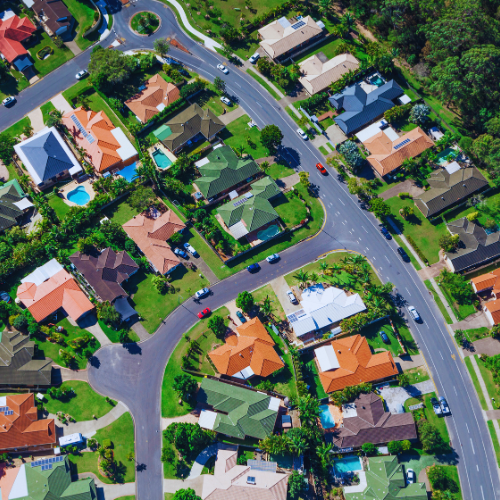
Benefits
- Trees improve human comfort primarily through their shading effect.
- Shading can reduce temperatures by 25 °C or more for human comfort.
- Studies suggest that shading can reduce people's physiologically equivalent temperature (PET) by 5-15 °C.
- Energy load can be reduced by over 300 W using tree shading, with the most significant effects seen in cities with warm climates
- PET can be reduced by 10-25 °C in some cities
How Arbor Vision Supports Urban Cooling Efforts
Our certified arborist in Fremont works with a supporting team committed to encouraging Fremont citizens to plant native trees and contribute to the city's urban canopy. Through tree care and planting services, our Fremont tree service company helps local species thrive while educating our clients on the types of trees and recommended care that protects trees on their property.
Maintaining Tree Health
We take every step to keep trees healthy to reduce the need for tree removal. We ensure trees suffering from disease and pests are either treated promptly or safely removed to reduce the spread. We also ensure trees are properly trimmed to reduce damage to the tree canopy due to falling trees and large branches.
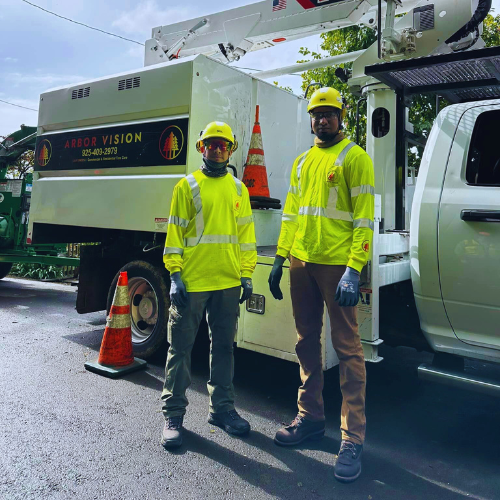
Trees are a significant contributor to urban cooling in Fremont, with a wide variety of species well-suited to the city's climate. Our Fremont tree service company is committed to helping locals learn more about urban cooling and maintaining the health of Fremont's urban canopy.
Share this page:
Related Topics:
Site Map
Arbor Vision, Incorporated
CA Licensed Contractor #1045914
Mon - Sat
8:00 AM - 5:00 PM
Sun
Closed


We proudly serve residential, commercial, and municipal customers throughout Alameda and Contra Costa Counties, including Alamo • Blackhawk • Castro Valley • Concord • Danville • Dublin • Fremont • Livermore • Oakley • Orinda • Pleasant Hill • Pleasanton • Richmond • San Jose • San Ramon • Walnut Creek, and surrounding communities
Copyright © 2024 Arbor Vision, Incorporated. All rights reserved.
At Arbor Vision, Inc, we value your privacy and strive to ensure you have the best user experience possible. We use cookies and similar tracking technologies on our website to achieve this.
By continuing to use our site, you agree to our use of cookies. For more details, please visit our Privacy Policy.

